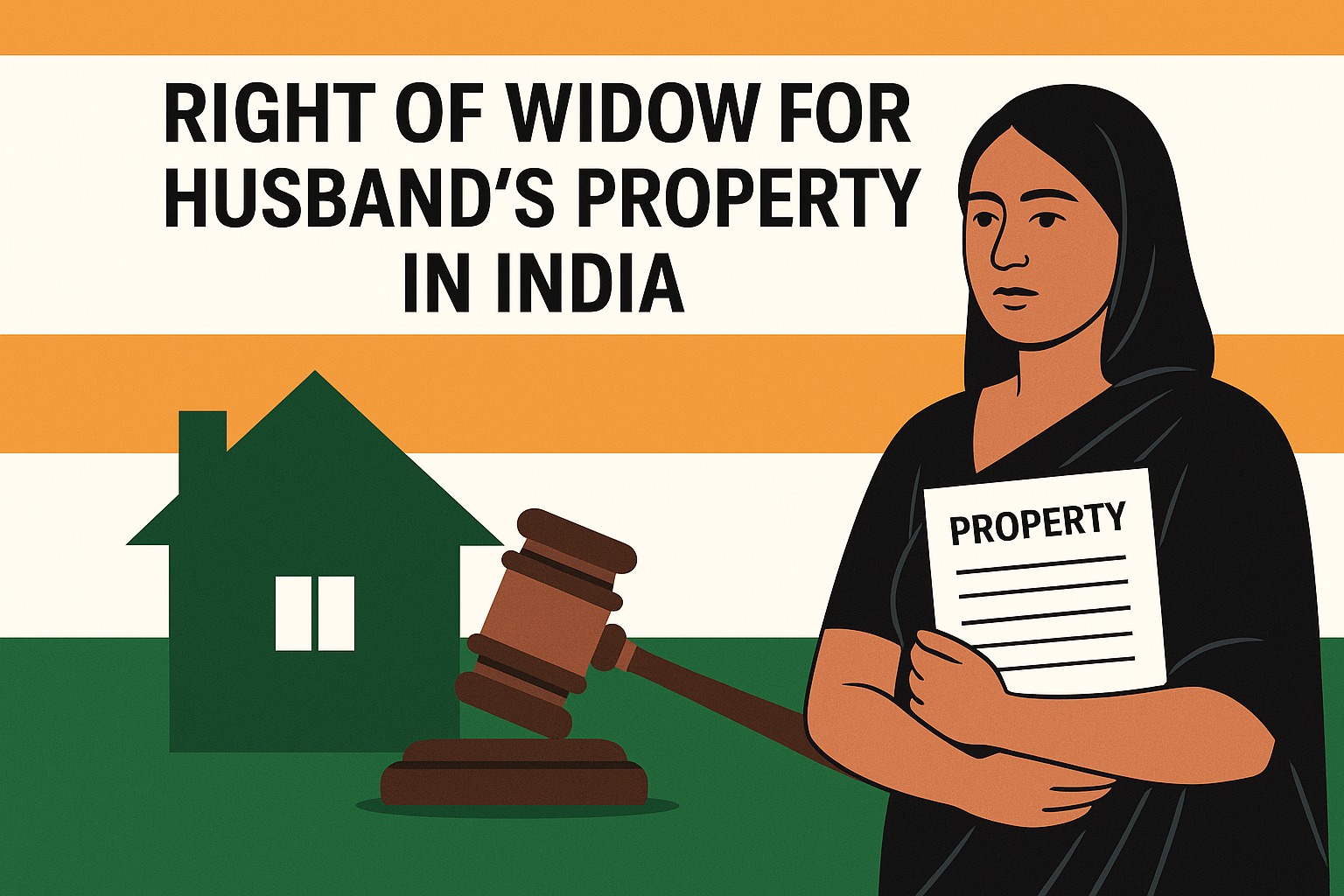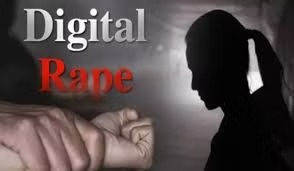P.S. Gopinathan, J.@mdashAppeals by the common complainant in S.T. Nos.198/2004, 503/2004 and 4706/2003 on the file of the Judicial Magistrate of the First Class, Perinthalmanna. The common 1st respondent is the common accused before the trial court. The appellant prosecuted the 1st respondent alleging offence u/s 138 of the Negotiable Instruments Act with a plea that a sum of Rs. 3,86,916/- was due from the 1st respondent and in discharge of the same, three cheques, which were marked as Ext.P4 series for Rs. 1,28,972/- each drawn on HDFC Bank, dated 6.11.2003, 6.12.2003 and 6.1.2004 were issued and that when presented for collection through Indian Overseas Bank, Perinthalmanna Branch, Ext.P4 series were returned dishonoured for reason ''stop payment''. Though a notice demanding discharge was caused and served upon the 1st respondent, the liability was not discharged. The 1st respondent pleaded not guilty before the trial court when the particulars of the offence were read over and explained. Therefore, he was sent for trial. All the three cases were tried jointly. The evidence was recorded in S.T. No. 4706/2003. The appellant was examined as PW1. Exts.P1 to P9 were marked. During the cross examination, Ext.D1 was also marked. After closing the evidence for the prosecution, the 1st respondent was questioned u/s 313 of the Code of Criminal Procedure. He would deny the incriminating evidence and further stated that he was the Sales Officer of the B.P.L. Company and that the appellant, who was a dealer, had obtained Ext.P4 series under threat and coercion. However, no defence evidence was let in. The learned Magistrate, on appraisal of the evidence, arrived at a finding that the appellant failed to establish the liability for the discharge of which Ext.P4 series were said to have been issued. Consequently, the 1st respondent was acquitted by the common impugned judgment. Aggrieved by the above judgment of acquittal, this appeal is preferred.
2. I have heard Adv. Sri. Ravikrishnan, the Learned Counsel representing the counsel appearing for the appellant and Sri. V.T. Madhavan Unni, the Learned Counsel appearing for the 1st respondent. Perused the judgment impugned as well as the evidence on record. In the evidence it was revealed that there was no direct transaction between the appellant and the 1st respondent. But the very case of the appellant is that amounts were due to him from the Company towards discount and additional discount and that Ext.P4 series were issued by the 1st respondent, who had obtained discount and additional discount from the Company on behalf of the appellant. The entitlement of the appellant to get the amount mentioned above and the acceptance of the same by the 1st respondent are disputed by the 1st respondent. No document to support the entitlement or acceptance of it by the 1st respondent is produced by the appellant. The defence would give reliance to Ext.D1, a letter said to have been written by the appellant to the 1st respondent. The appellant, would admit his signature in Ext.D1. But the contention is that Ext.D1 was concocted by the 1st respondent by forging the signed blank Letter Head obtained by the 1st respondent. Regarding the forging of the document, absolutely there is no evidence. Ext.D1 would mention about Ext.P4 series of cheques. In Ext.D1, it is mentioned that the appellant ought have returned the cheque. But one of the cheque was presented from the office and the other cheques would be returned without delay. The 1st respondent was also requested to issue stop payment. In the light of Ext.D1, I find no error committed by the trial court in acquitting the 1st respondent. As found by the lower court, there is no evidence on record to come to a conclusion that the amount covered by Ext.P4 series were any way due from the 1st respondent to the appellant for which the cheques were issued. In the event such amounts were due towards the discount or additional discount, the appellant, who was a dealer, would have got documents. But for the best reason known to the appellant, no document was produced. In the above circumstance, I find that the reasoning adopted by the trial court is not anyway erroneous so as to be rectified in appeal. The appeals are devoid of merits.
In the result, the appeals are dismissed.

